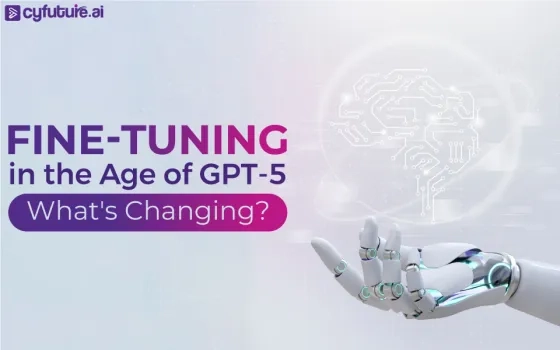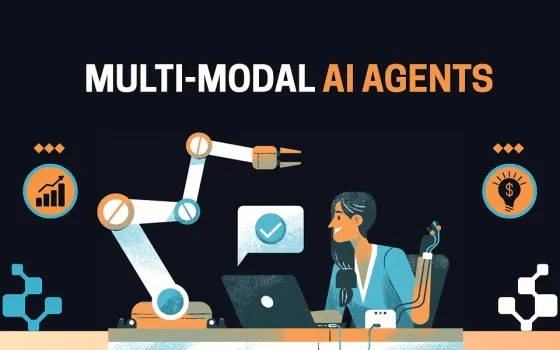Welcome to the world of voice assistant AI! From Siri to Alexa, Google Assistant to Cortana, these virtual assistants have taken over our daily lives. It seems like everyone is talking about them and using them for everything from setting reminders to ordering groceries. But why has the world become so obsessed with this technology? In this blog post, we will explore the history of voice assistant AI, its benefits, different types and how to use it effectively. Join us on this journey as we delve into the fascinating world of voice ai!
The history of voice assistant AI
The history of voice assistant AI dates back to the 1950s when Bell Laboratories created an early machine recognition system. However, it wasn't until the 1990s that Dragon Dictate was introduced as a speech-to-text software for personal computers. Fast forward to 2011 and Apple's Siri was launched as the first mainstream virtual assistant - changing the way we interact with our devices.
Google Assistant followed shortly after and in 2014, Amazon Alexa revolutionized home automation by being integrated into smart speakers. Today, there are countless options available across various platforms including smartphones, laptops and even cars.
Recent advancements in natural language processing have allowed voice assistants to understand more complex requests and respond accurately - making them an increasingly popular choice for consumers looking to simplify their daily tasks. As technology continues to evolve rapidly, it's exciting to think about what innovations lie ahead for this fascinating field!
The benefits of voice assistant AI
Voice assistant AI has revolutionized the way we interact with technology. It's no surprise that this innovative tool has become an essential part of our daily lives, providing numerous benefits to users worldwide.
One significant advantage of voice assistant AI is its convenience and ease of use. With a simple voice command, you can control your smart home devices, order groceries online, or schedule appointments without ever having to lift a finger. This hands-free approach ensures greater efficiency and productivity in our busy lives.
Another benefit is improved accessibility for those with disabilities or limited mobility. Voice assistant AI allows individuals to perform tasks that previously required physical effort, such as turning on lights or adjusting thermostats.
Moreover, voice assistant AI enhances safety by enabling drivers to keep their hands on the wheel while still accessing important information like directions and weather updates. In fact, many car manufacturers have integrated voice assistants into their vehicles' systems for added safety and convenience.
Voice assistant AI offers personalized experiences based on user preferences through machine learning algorithms. As users interact more frequently with their device over time, it adapts to their speech patterns and usage habits resulting in a seamless experience tailored explicitly for them.
It's clear that the benefits of using a voice assistant AI are numerous from improved accessibility and better efficiency all while keeping us safer than ever before!
The different types of voice assistant AI
Voice assistant AI comes in different types, each with varying features and capabilities. The most common type is the smart speaker, which can answer questions, set reminders, play music and control smart home devices using voice commands. Amazon Echo and Google Home are two popular examples of this type.
Another type is the virtual assistant found on our smartphones such as Siri for Apple and Google Assistant for Android. They can perform similar tasks to smart speakers but also have the added advantage of being able to make phone calls or send text messages without needing to pick up your phone.
In recent years, we have seen an increase in voice assistants integrated into other devices such as cars or headphones. These assistive technologies allow drivers to keep their hands on the wheel while still controlling various functions like navigation or playing audio.
There are also specialized voice assistants designed for specific industries like healthcare or retail that can help professionals streamline their work processes by providing quicker access to information.
As technology continues to advance, it's likely that we'll see more diverse types of voice assistant AI emerge in the near future – perhaps even ones that surpass our current expectations!
How to use voice assistant AI
Using voice assistant AI is simple and intuitive. Once you have set up your device or downloaded the app, you can start using it right away. The first step is to activate the voice assistant by saying its wake word, such as "Hey Siri" for Apple devices or "OK Google" for Android devices.
After activating the voice assistant, you can ask it a question or give it a command. For example, you could say "What's the weather like today?" or "Play some music." The voice assistant will respond with an answer or carry out your command.
Voice assistants can perform a wide variety of tasks, from setting reminders and alarms to controlling smart home devices and ordering food delivery. You can even use them to make phone calls and send text messages hands-free.
It's important to speak clearly and naturally when using a voice assistant. Avoid shouting or speaking too quickly, as this may cause errors in recognition. If you're having trouble getting your device to understand you, try rephrasing your query in simpler terms.
Using a voice assistant AI is easy once you get used to it. With just a few simple commands spoken aloud, you can streamline many aspects of your daily life without ever touching a button.
The future of voice assistant AI
The future of voice assistant AI is incredibly exciting, and it's clear that this technology will only continue to grow in popularity and functionality in the years ahead. One major trend we're likely to see is greater integration with other smart devices around the home, such as appliances, lighting systems, and security cameras.
As more people become comfortable with using voice assistants for a wider range of tasks, we can also expect developers to create even more sophisticated applications and tools. This could include everything from personalized shopping recommendations based on your past purchases to advanced language processing capabilities that allow you to have seamless conversations with your virtual assistant.
Another area where we'll likely see significant advancements is in natural language understanding. As machine learning algorithms become more powerful and nuanced, voice assistants will be able to better interpret complex questions or requests from users - making them even more useful in everyday life.
It's clear that voice assistant AI has a bright future ahead - one where they may ultimately become an indispensable part of our daily lives. Whether you're looking for help managing your schedule or simply want a quick answer to a pressing question, these intelligent digital helpers are sure to remain at the forefront of technological innovation for many years come.
Conclusion
As we have seen, voice assistant AI has come a long way since its inception and has become an integral part of our daily lives. From setting reminders to controlling home appliances, it offers a plethora of benefits that make our tasks easier and more efficient.
Moreover, with the increasing advancements in technology, the future of voice assistant AI seems promising. We can expect to see more personalized experiences with better accuracy and integration into various devices.
However, as with any technological innovation, there are also concerns regarding data privacy and security. It is important for users to be aware of these issues and take necessary precautions while using voice assistant AI.
Despite some drawbacks, the world's obsession with voice assistant AI is justified given its numerous benefits. It not only simplifies our daily tasks but also opens up new possibilities for how we interact with technology in the future.




















